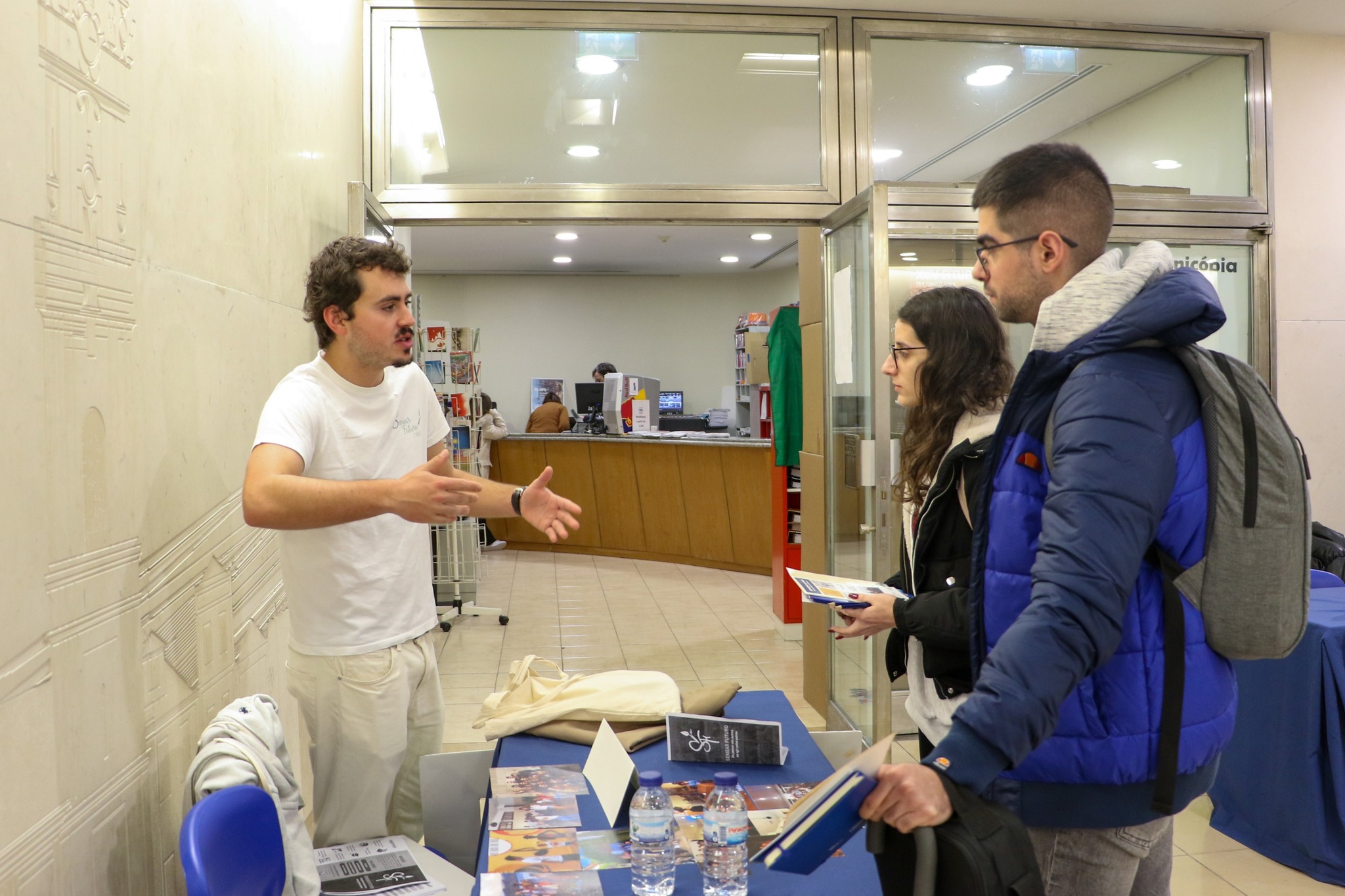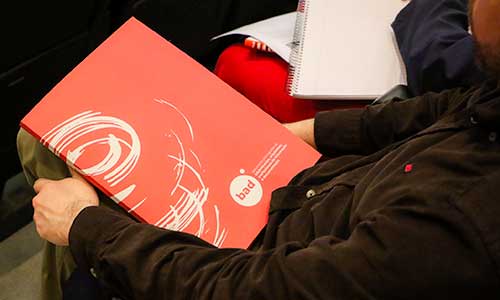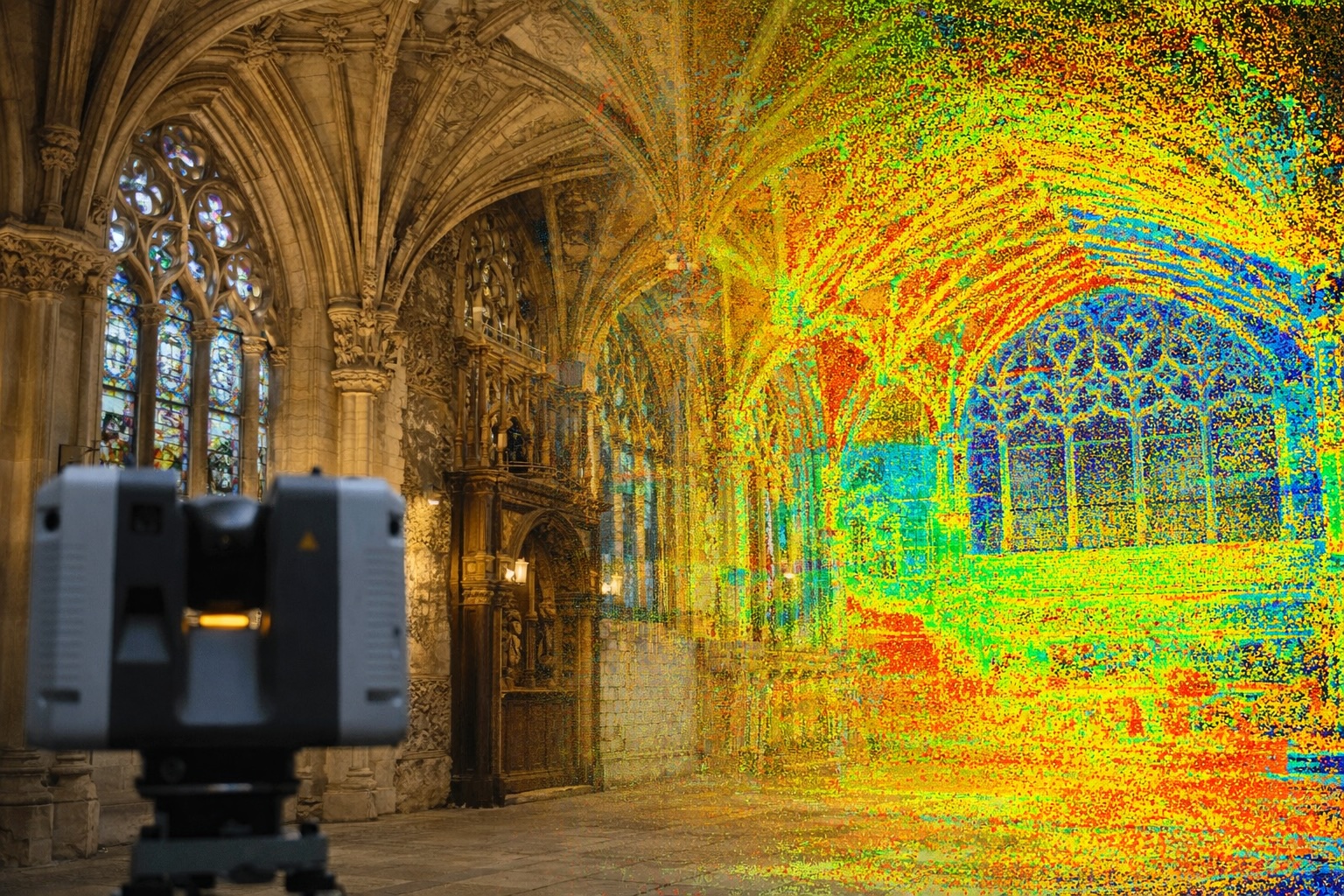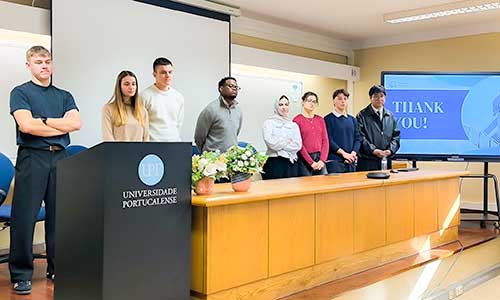Applications (1st phase) for Master’s degree programmes at Universidade Portucalense for the 2026–2027 academic year will be accepted between 2 February and 13 March. Located in Porto, one of Europe’s most dynamic, innovative, and attractive cities, Universidade Portucalense offers 14 master’s degree programmes in various scientific fields, designed for students and professionals seeking new knowledge, advanced specialisation, career progression, and direct contact with the job market. Practice-and market-oriented education The master’s programmes stand out for: Highly qualified teaching staff, with strong ties to research and professional practice; Up-to-date curricula, aligned with international standards; Close links with the corporate world to boost networking and career prospects; Research with international impact integrated into the study programmes. State-of-the-art facilities in the heart of Porto Universidade Portucalense’s campus features modern and functional facilities tailored to support teaching, research, and academic life: Classrooms equipped with learning support technology; Up-to-date library and specialised digital resources; Spaces for studying, socialising, and collaborative work; Strategic location, with easy access to transport, services, and businesses in Porto. Studying in Porto means benefiting from a dynamic academic, cultural, and business ecosystem, with real opportunities for personal and professional development. Further information on applications, master’s degree programmes, and admission requirements here.










